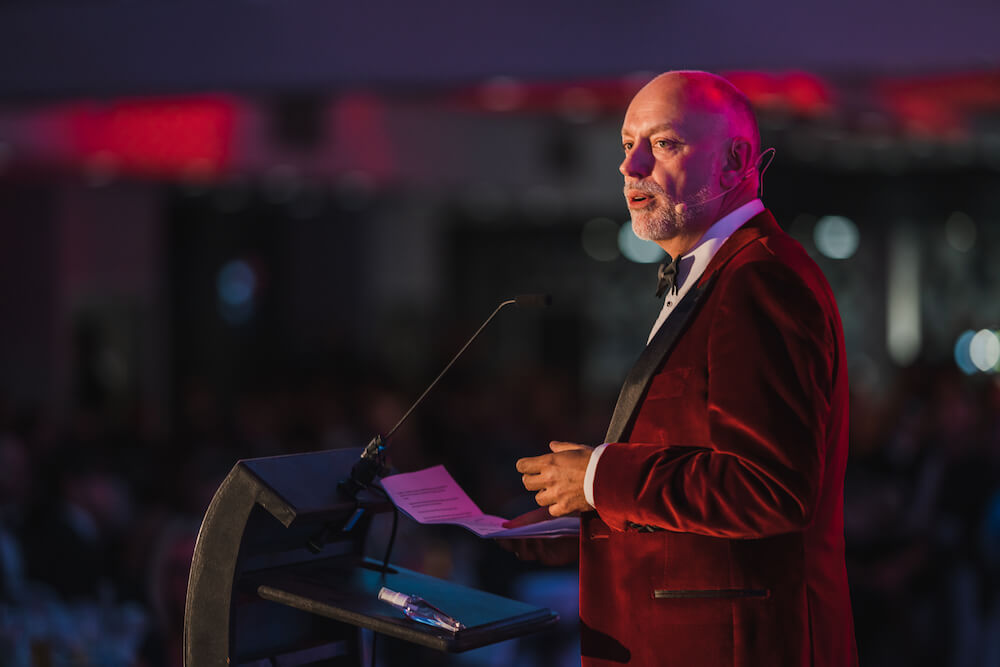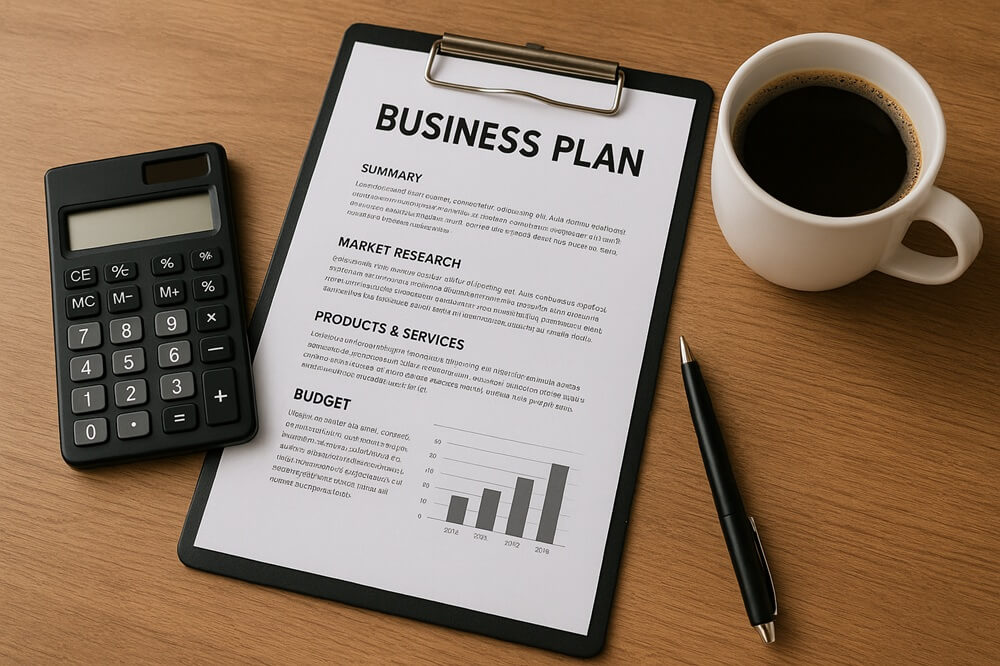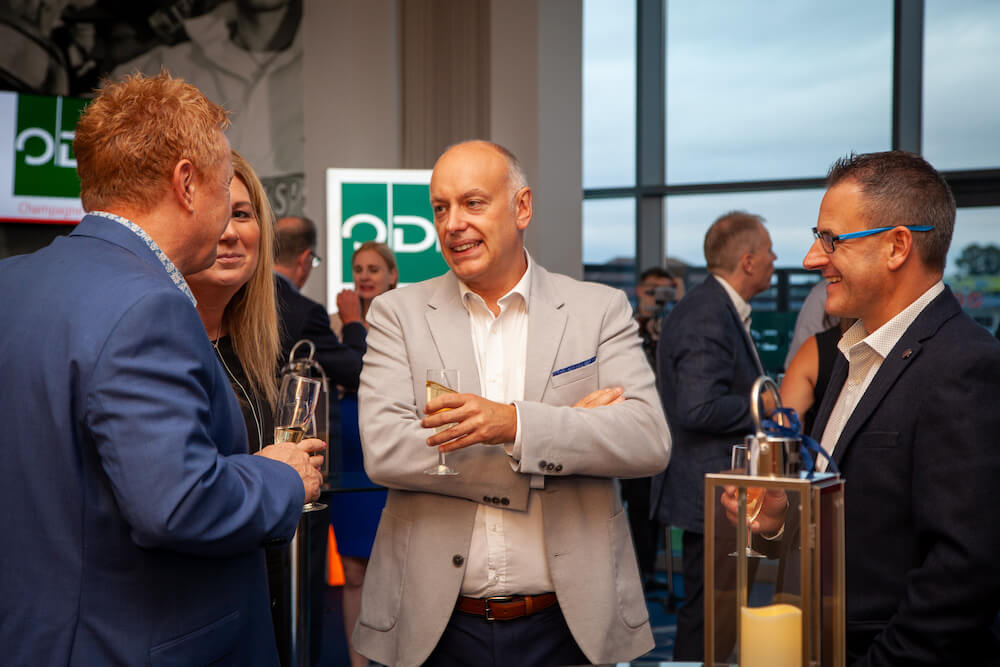Self-Employment vs Entrepreneurship: What You Need to Know

Unlike many ambitious young people raised on a diet of Dragons’ Den and The Apprentice, I didn’t plan to become an entrepreneur. For years, I worked for other people chasing targets, solving problems, and doing the hard work. But somewhere along the line, a quiet question kept surfacing: could I do this differently? Could I build something of my own?
I had no silver spoon, no funding, no contacts, no blueprint. What I did have was a drive to improve things, a willingness to take financial risk, and a refusal to stay comfortable. That instinct became the foundation for a business model that’s since grown into multiple companies, dozens of jobs, and a platform for other people to grow.
What’s the Real Difference Between Self-Employment vs Entrepreneurship?
At first glance, they look similar. You start your own business. You work for yourself. You control your time and output. But underneath, there are distinct differences in mindset, structure, and outcomes.
Self-employment is often sold as freedom: flexible schedule, your own clients, your own rules. You invoice directly, manage your tax obligations, and keep what you earn. But that freedom can be deceptive because you’re still trading time for money. You are the business. If you stop, so does your income.
Entrepreneurship, by contrast, is about building something that works beyond you. A scalable venture. You move from being the expert who does the work to the architect who designs the system. That transition comes with more risk but also more potential.
Which One Are You Building?
If you’re currently working as a sole proprietor, freelancer, or contractor, ask yourself: Is this building toward something bigger? Or am I just surviving another week?
Self-employment offers a sense of control, but it can cap your growth. Entrepreneurship requires giving up some control, but it can open far more doors.
What Does a Solid Foundation Look Like?
Entrepreneurs don’t wing it. Behind every real business is a solid business plan, informed by research, costs, pricing, and timelines. This plan accounts for business expenses, overheads, staff, systems, and growth potential. Without that, you’re just guessing.
Self-employed professionals often lack this structure. They rely on what they know and hope it holds up. But a house with no foundations eventually crumbles.

Building a business starts with a solid plan, not guesswork.
Why Do Some People Stay Self-Employed Forever?
Comfort. Habit. Familiarity. I call it the income thermostat; we subconsciously keep ourselves at a level we know. Hit a better month? Take your foot off the gas. Hit a bad one? Work late to fix it. But growth doesn’t live in comfort. Growth begins when you break that thermostat.
The Shift That Changes Everything
The real difference isn’t just the structure, it’s the mindset. Entrepreneurs stop asking, “How can I do more?” and start asking, “How can this business do more, without me?”
That’s the pivot. You go from being the best person in the room at one thing to the person who needs to learn twenty new skills fast: leadership, finance, sales, recruitment, and delegation. Hard work is still there, but now it’s strategic.
What’s the Cost of Staying Small?
You may have a good income and a flexible schedule, but what happens if you’re ill? Or want time off? Or need to pivot?
Being the entire business makes you vulnerable. Building a company with systems, people, and momentum builds resilience. It gives you breathing space. And when done right, it gives you long-term freedom, not just daily independence.
Is There a Right Time to Make the Leap?
Not really. There’s rarely a perfect moment. You don’t need a five-year plan or venture capital. What you do need is:
- A clear purpose
- A solid business structure
- A willingness to make mistakes and learn
- A mindset that embraces next steps instead of comfort
You don’t have to know it all, you just have to start.
What About the Risks?
Yes, entrepreneurship comes with risk: financial risk, reputational risk, and emotional risk. But so does stagnation. The difference is that with entrepreneurship, you’re taking risks that move you forward, not just keep you afloat.
And remember: you’re not alone. There are small business administration resources, mentoring schemes, and communities of small business owners and freelancers who’ve been where you are now.

The Acorn Analogy
Plant an acorn in a pot and it becomes a small tree. Plant it in a field and it becomes an oak. You’re the acorn. But your environment, your niche, your peer group, and your support system decide whether you stall or scale.
Change your environment. Change your results.
What’s Your Exit Plan?
Self-employment rarely has one. There’s nothing to sell. No value beyond you. You are the asset.
Entrepreneurs build their own businesses that are sellable, scalable, and survivable. They create systems that outlast them. They build with legacy in mind.

Same acorn. Different environment. Very different outcome.
Why This Matters Now
We’re living in a time of uncertainty, new challenges, global shifts, automation, and economic change. The people who succeed won’t be the ones who cling to what worked yesterday. It’ll be those who are willing to rethink everything.
If you’re currently self-employed, this is your moment to re-evaluate. Could your future lie in entrepreneurship instead?
So What’s the First Move?
Start with clarity. Ask:
- What am I building?
- Could this work without me?
- Am I in control, or just busy?
The difference between self-employment and entrepreneurship isn’t academic. It shapes your income, your impact, your time and ultimately your freedom.
Self-Employment vs Entrepreneurship: What Now?
The world needs more successful entrepreneurs. People are willing to take the leap, not just settle for the invoice-to-invoice lifestyle. People with aspirations bigger than themselves. And people who understand that real freedom isn’t about doing less, it’s about building more.
If this blog struck a chord, you’re probably already halfway there.
Ready to Take the Next Step?
If any of this struck a chord, you’re probably already thinking bigger. I’ve made that leap myself from working for others to building something that lasts. And if you’re looking to move beyond self-employment, I’d be glad to help.
You can get in touch for advice or mentoring, book me for your next event, or connect on LinkedIn for updates and insight. I also share practical ideas on YouTube, or you can pre-order Imposter Millionaire to explore this journey in more depth.
This could be the moment you stop working in a business and start building one. Thanks for reading. I hope this has given you a clearer view of what’s possible beyond self-employment. Starting a new business isn’t easy, but it can create a positive impact not just for you, but for the people you bring with you.